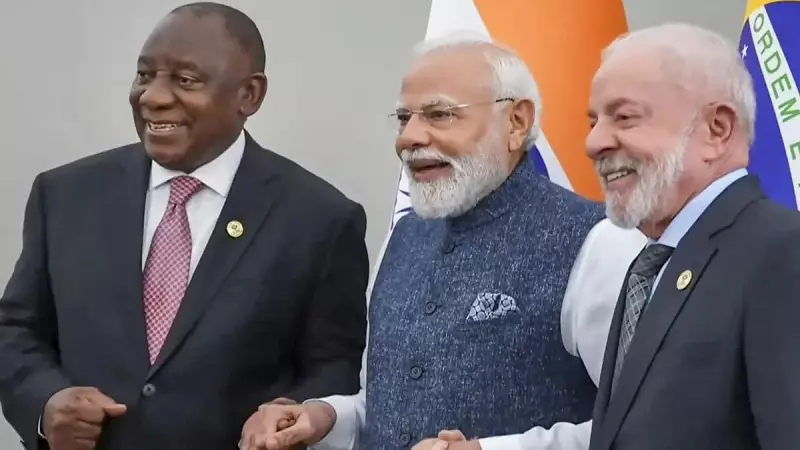
The recent G20 Summit has witnessed an unexpected diplomatic realignment as former US President Donald Trump's aggressive rhetoric has brought three major emerging economies closer together. India, Brazil, and South Africa have found common ground in response to Trump's confrontational approach during the high-profile international gathering.
Historic Gathering of IBSA Leaders
For the first time in over a decade, the leaders of India, Brazil, and South Africa convened under the auspices of their trilateral grouping, marking a significant moment in international diplomacy. While foreign ministers from these nations have maintained regular contact over the years, this represents the first leadership-level meeting in more than ten years.
The summit, held on November 23, 2025, saw Indian Prime Minister Narendra Modi engaging extensively with his counterparts from Brazil and South Africa. This renewed cooperation comes at a critical juncture in global politics, with emerging economies seeking to strengthen their collective voice on the world stage.
Trump's Confrontational Stance
Donald Trump's participation in the G20 Summit was marked by his characteristic confrontational style, which multiple sources indicate has accelerated the rapprochement between the three developing nations. His attacks on traditional trade agreements and multilateral cooperation have prompted these countries to seek stronger alliances among themselves.
Analysts observing the summit proceedings noted that Trump's rhetoric created an environment where middle powers felt compelled to unite in defense of their shared interests. The timing of this development is particularly significant given the evolving global economic landscape and shifting power dynamics.
Implications for Global Diplomacy
The strengthened alliance between India, Brazil, and South Africa represents a potential shift in how emerging economies approach international cooperation. This trilateral partnership could influence discussions on several critical global issues:
- Trade and economic cooperation among developing nations
- Climate change negotiations and environmental policies
- Multilateral trade agreements and global governance reform
- Technology transfer and innovation sharing
The renewed engagement at the leadership level suggests that these countries are prepared to take a more coordinated approach to international diplomacy. This development could reshape how global decisions are made, particularly on issues affecting the Global South.
As the G20 Summit concludes, observers will be watching closely to see how this strengthened partnership evolves and what concrete actions emerge from this diplomatic realignment. The coming months will reveal whether this represents a temporary response to current political dynamics or the beginning of a more permanent strategic alliance.





